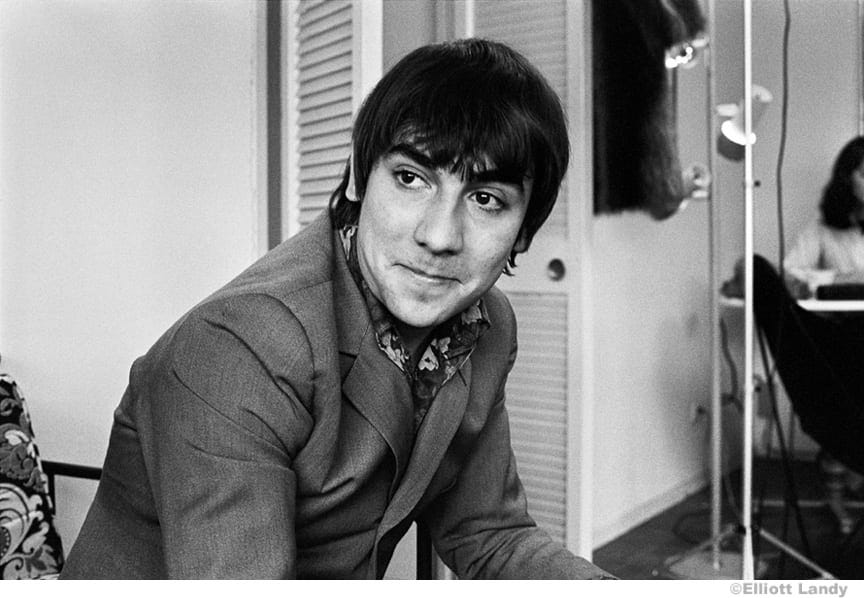Dr. Jeckyll & Mr. Hyde
Keith Moon in New York, 1968

As I noted on Wednesday’s Midweek Update #5, August 23rd 2023 would have marked Keith Moon’s 77th birthday; sadly, he died on September 7, 1978, just two weeks after his 32nd birthday. Twenty years after his untimely demise, my biography


